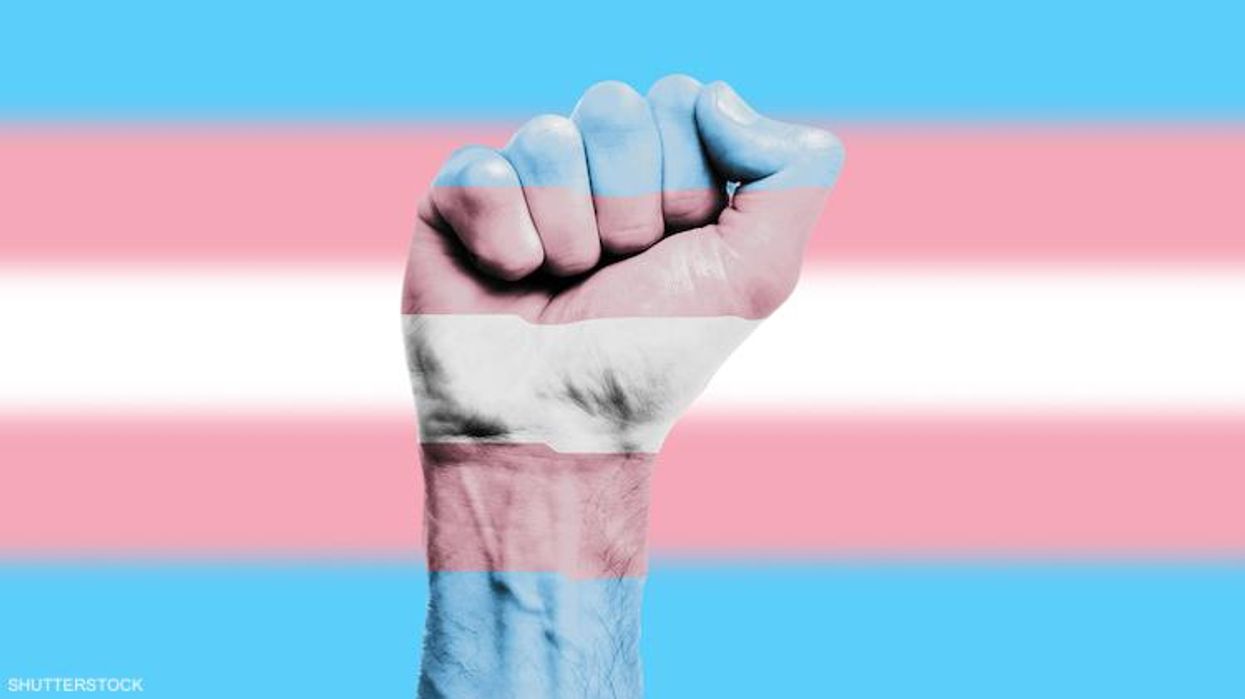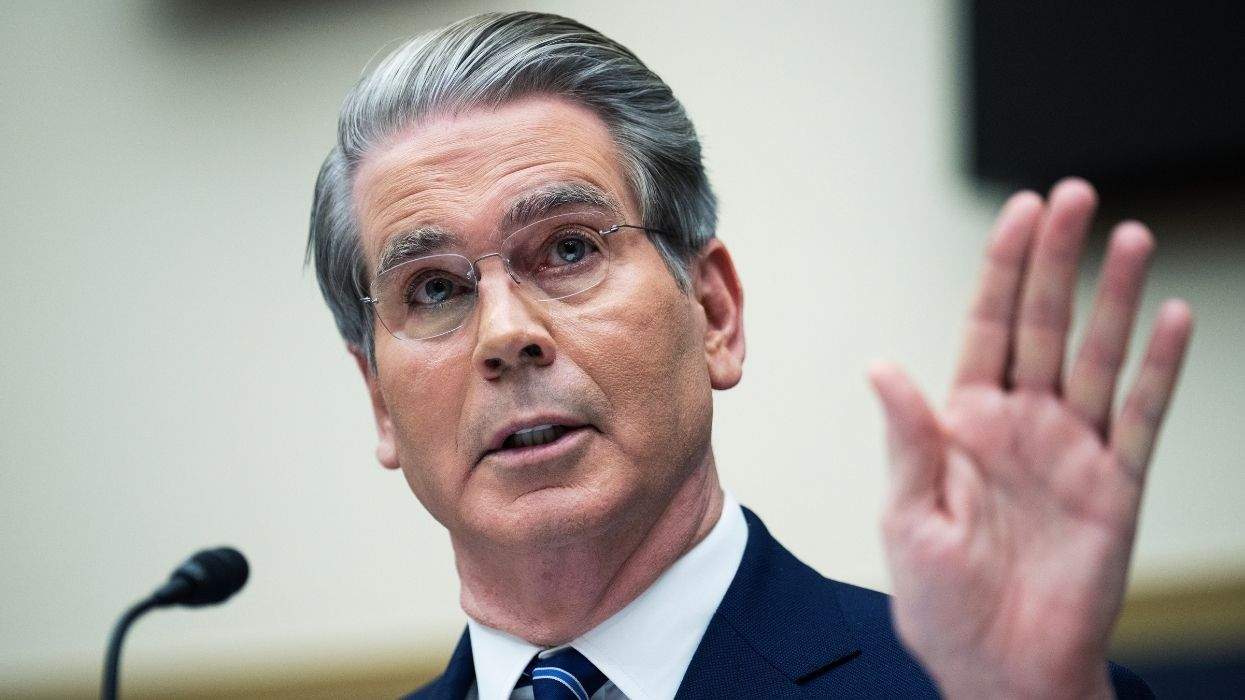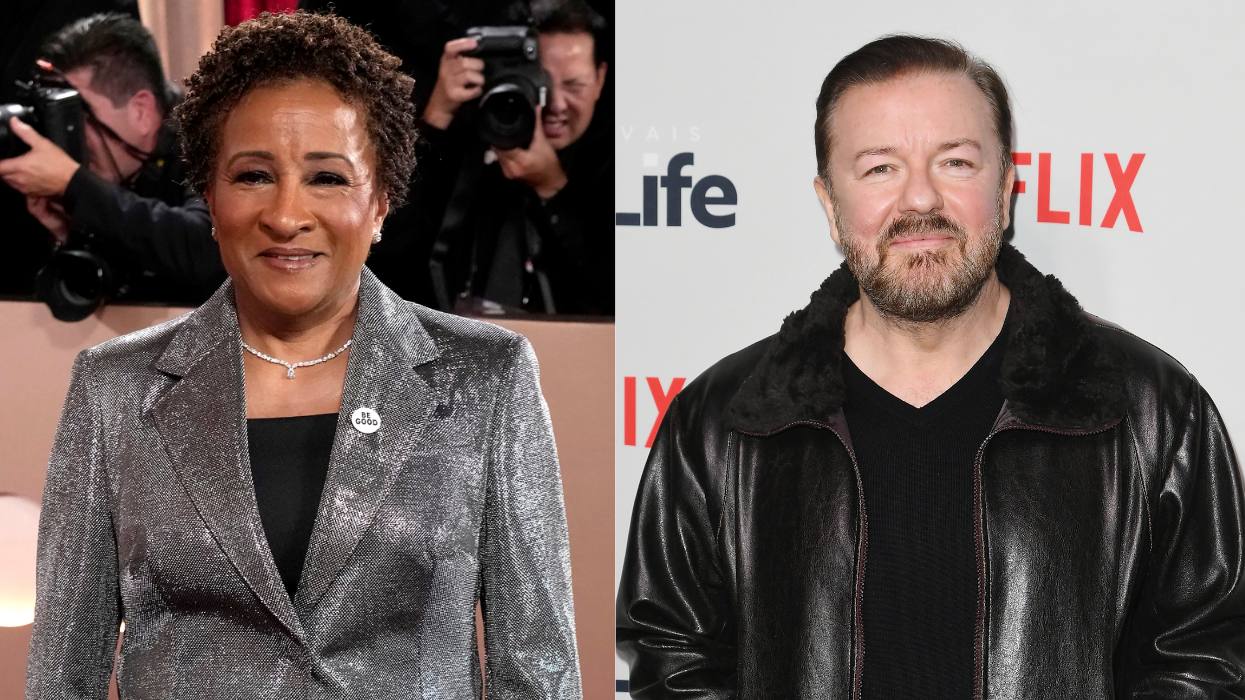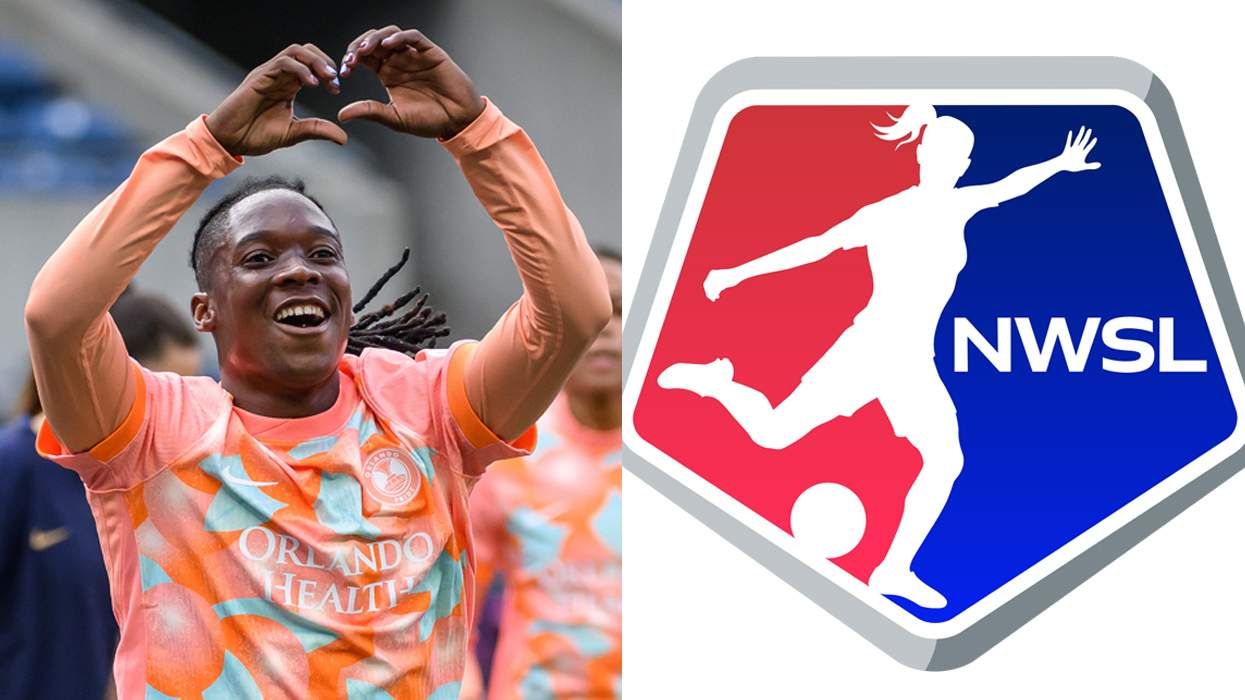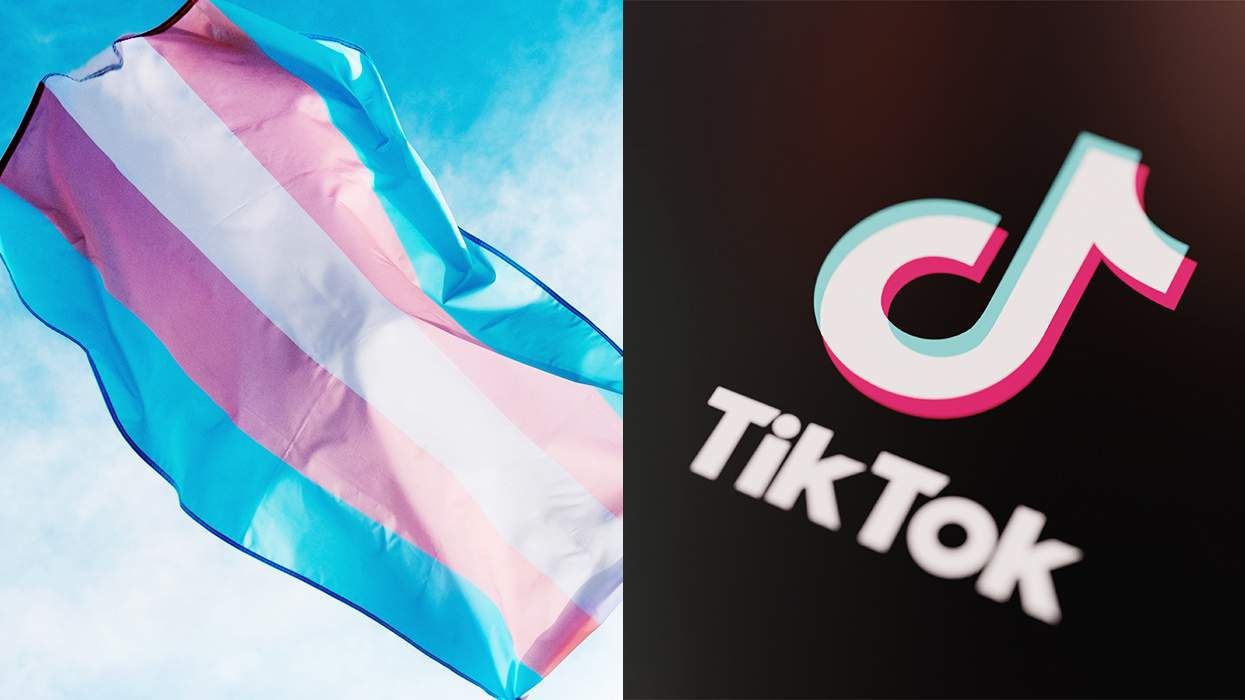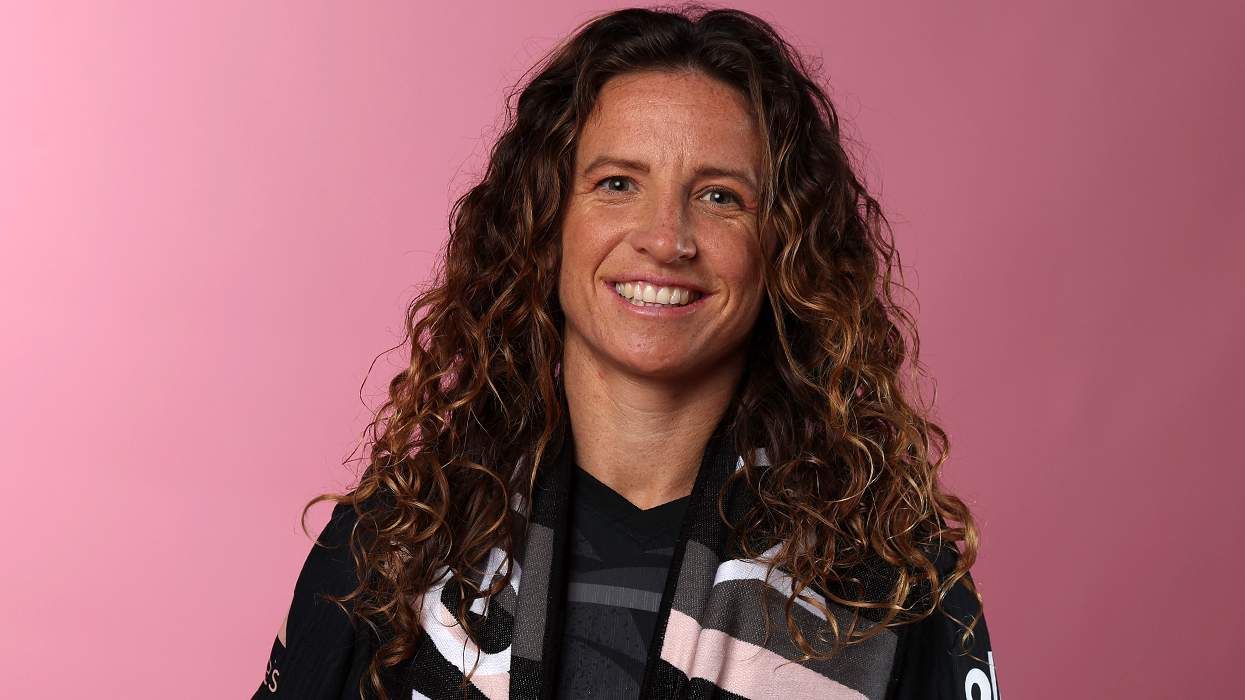Hello, fellow middle-class white people! Today is the Transgender Day of Remembrance, often abbreviated as TDOR. Many of us recently attended, or will soon attend, a TDOR event. There's a good chance your local TDOR event was organized by a nonprofit that is both run by and primarily funded by middle-class white people, even though trans people of color are the most at-risk for anti-trans violence and discrimination.
That's why, fellow middle-class white people, when we talk about TDOR we also have to talk about what it means to be a white ally to trans people of color. And, this November, to talk about white allyship to trans people of color, we need to talk about the National Center for Transgender Equality, also known as NCTE. NCTE's current struggles are emblematic of how the trans rights movement fails to listen to and believe trans people of color, and TDOR runs the risk of following in NCTE's footsteps: placing the comfort of white activists and allies over the needs and priorities of trans people of color.
Up until recently, many viewed NCTE as the pinnacle of transgender rights advocacy, and the organization's acomplishments over the past 17 years are admitedly impressive. Yet longstanding and deep-seated disagreements about NCTE's leadership -- and how the organization does or doesn't support trans communities of color -- have recently become public. To some, this felt like a sudden explosion of accusations and recriminations. I heard surprise from many cisgender allies about a recent New York Times article that described NCTE as having to rebuild following an "exodus of staff members amid discontent over its leadership, claims of retaliation for labor organizing and concerns about minority hiring and outreach."
As a transgender person and a former NCTE employee, I guarantee that these tensions are far from sudden and have been building for years. Like most nonprofits, NCTE's supporter base is primarily middle-class white folks; its leadership is the same. NCTE publicly voiced support for transgender people of color while the organization's internal workings were not living up to its stated values of equity and racial justice. In addition to constant workplace frustrations that impacted all employees, I saw NCTE repeatedly hire people of color only to lose them over different communication styles, conflicting priorities, or through not trusting them to do the work they were hired to do.
My work at NCTE as the Education Program Director took me all around the country and brought me in contact with a wide variety of trans people and allies. While many white folks and white-led organizations I met with spoke enthusiastically about NCTE's work, I heard from just as many trans people of color who were hesitant to work with NCTE because they'd been burned in the past. Sometimes promised support from NCTE never came through. Other times, NCTE's leadership had been dismissive of movement leaders who were trans people of color. Over and over, I heard about situations where NCTE had prioritized relationships and partnerships with white organizers and white-led organizations over trans people of color and PoC-focused organizations.
I don't believe that NCTE or its leadership ever intentionally excluded trans people of color, and I suspect the organization's leadership is doing what it thinks Needs To Be Done. But when transgender people of color and their allies repeatedly attempted to join the conversation and correct NCTE's course, people in positions of power -- that is to say, middle-class white people -- weren't listening.
Although it's entirely a coincidence that NCTE's troubles came to light just as the community gathers to honor the 20th anniversary of TDOR, the two have a great deal to learn from one another. Since the first Transgender Day of Remembrance in 1999, to honor Rita Hester, a Black transgender woman who had been murdered in Boston the year before, there has developed something of a standard script for TDOR events: Transgender people speak about the community's strength and resiliancy and call on allies to do more. Allies speak about supporting and protecting transgender people. Depending on the city and the event organizers, elected officials may show up to be visibly concerned about anti-transgender violence.
We've reached a point in the cultural zeitgeist that local news outlets across the United States now report about TDOR events. There's a very real possibility that my 80-something Jewish aunt will read about TDOR in the newspaper, cut out the article, and physically mail it to me with a Post-it note bearing the words: "Saw this and thought of you!" In many ways, TDOR is more visible and more accessible than ever before.
But for many of the middle-class white people who organize and attend TDOR events, it's easy to read the list of over 300 hundred murdered trans people on November 20 and go back to our comparatively safe lives on November 21. We can avoid speaking out on behalf of our Black and Brown trans siblings the other 364 days of the year.
Far too often, white-led and white-funded organizations don't listen to trans people of color, and allow TDOR to simply deepen existing racial power structures. I fear that, like at NCTE, this will result in white allies losing any and all trust from transgender people of color. Why should they trust us if we don't believe trans people of color when they say there's a problem? Why should they trust us when we don't listen to the possible solutions they offer?
Anti-trans oppression has never been exclusively directed and trans people of color, and many white trans people have been the victims of violence and discrimination. We must fight for a world where absolutely no one -- regardless of their race or class -- experiences discrimination or violence because they're trans. But we must also bear in mind the lessons we can learn from NCTE and how the organization failed to truly center the most marginalized. Trans people of color have been speaking for years about the ways TDOR allows "predatory nonprofits that capitalize off of the loss of bodies they wouldn't employ, educate, or support." They've found "the people largely responsible for organizing the [TDOR] events also held beliefs that placed them above the dead." An academic paper concluded that TDOR allows white people to avoid "confronting their own complicity in such acts [of anti-trans violence]."
That's why -- by TDOR 2020 -- I expect all of us to spoken out on behalf of trans people of color year-round, not just on the single day designated for remembering the fallen. I expect all of us to have donated time and money to organizations led by and focused on helping trans people of color, like HIPS in Washington, D.C., which supports sex workers. Anyone interested in being part of the solution can also become a penpal to an incarcerated transgender person through Black and Pink, attend a fundraising event for the Sylvia Rivera Law Project, learn about the Trans People of Color Coalition, or engage with any of the other dozens of PoC-led organizations and PoC individuals that are not simply prioritizing the needs of white trans people.
And I expect all of us to help create a movement in which TDOR is truly a single part of a year-round effort to support transgender people of color, and not the one day many middle-class white people remember that trans people of color exist in the first place.
Rebecca Kling is an educator, community organizer, storyteller, and advocate for transgender rights. From 2016 through early 2019, Rebecca worked with the National Center for Transgender Equality (NCTE) in Washington D.C., and is currently part of the Beyond Coal campaign at the Sierra Club. Rebecca firmly believes that understanding combats bigotry, and that everyone has the ability to push for a more just and equitable world. Find her online at https://twitter.com/RebeccaKling and at www.RebeccaKling.com.
RELATED | Layleen Cubilette-Polanco Died in the System But Her Fight Lives On


